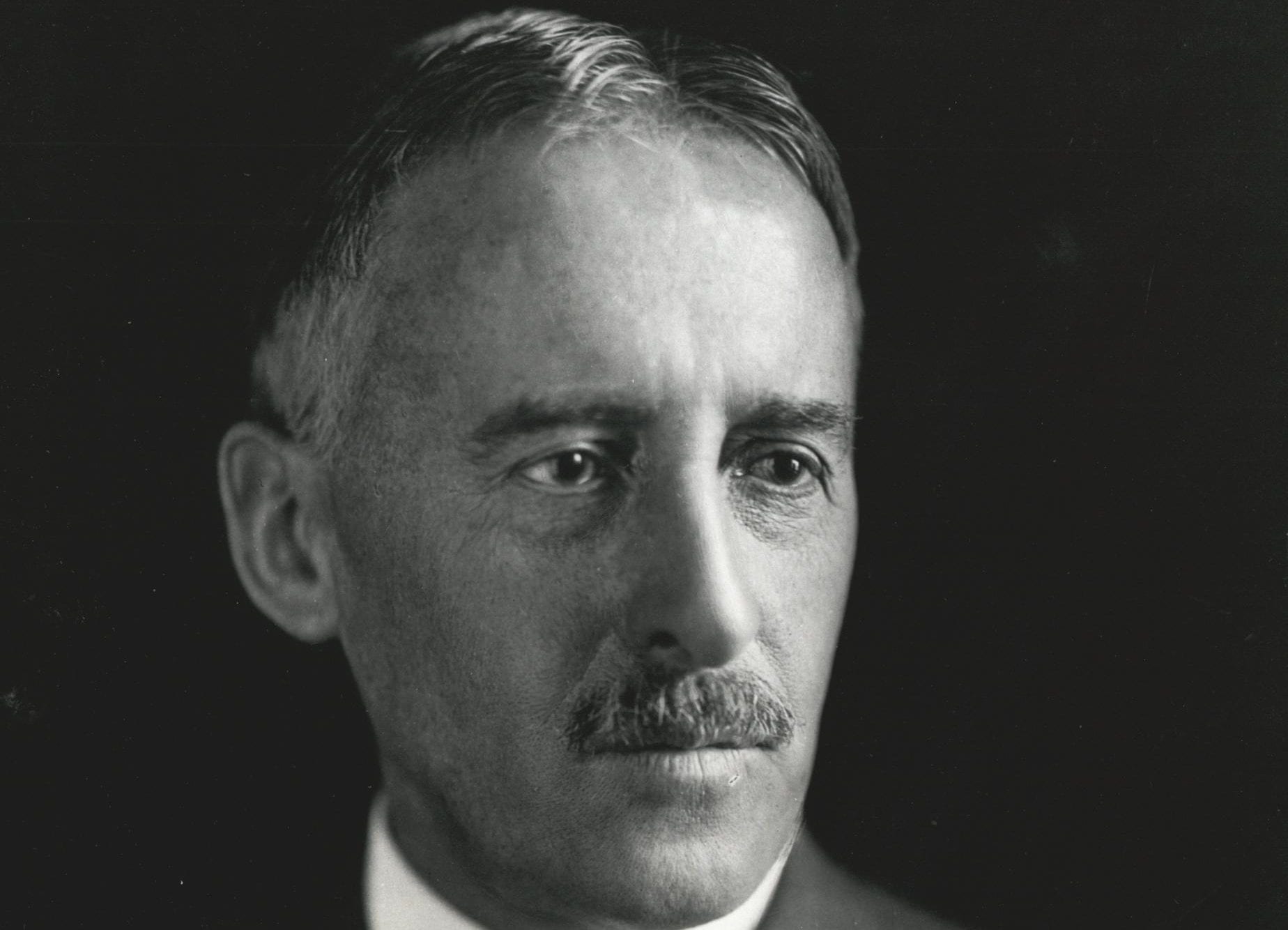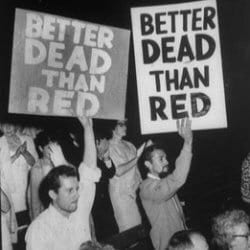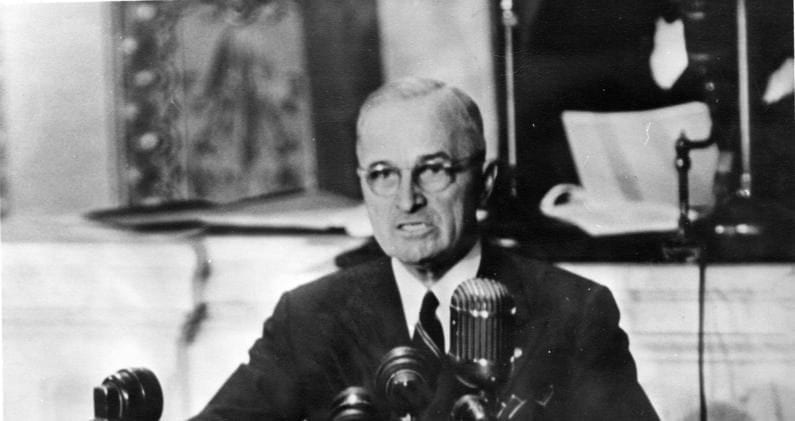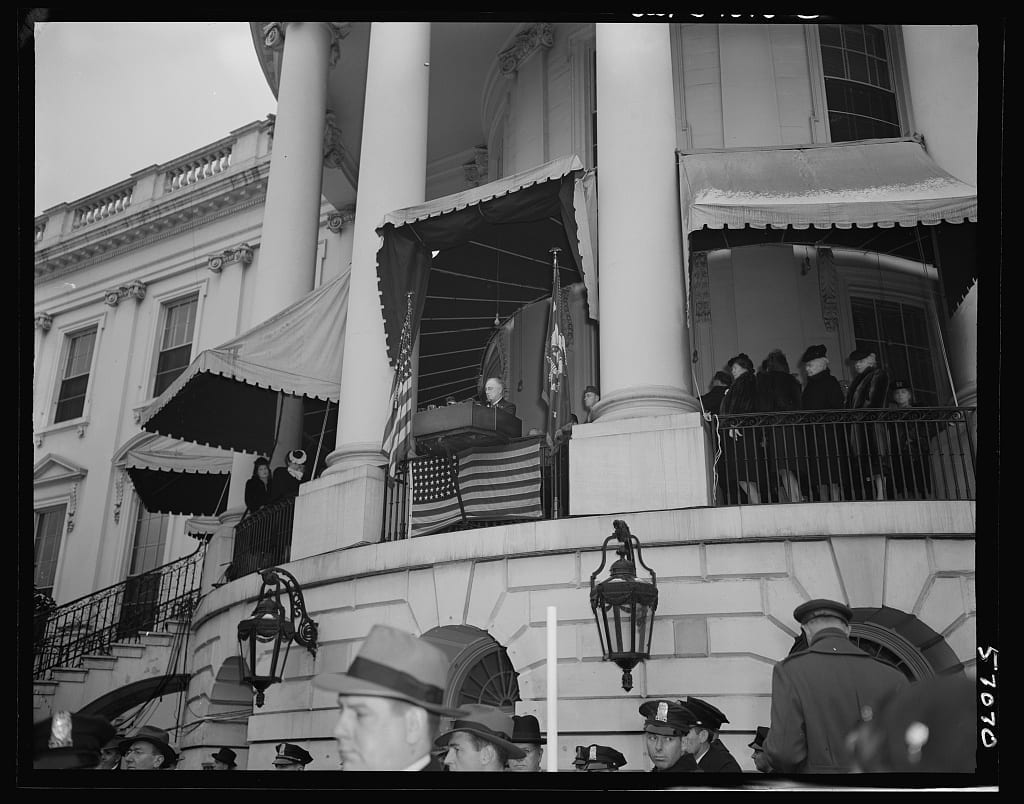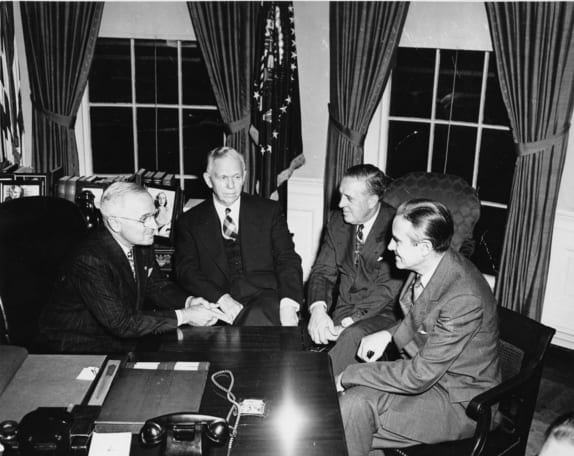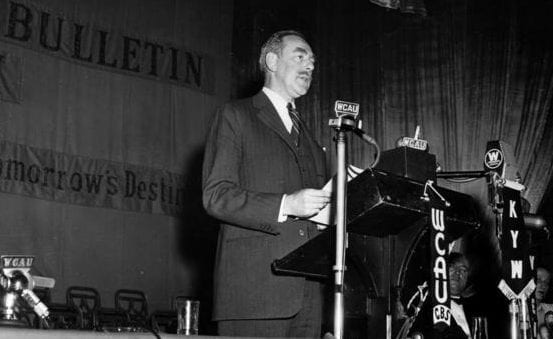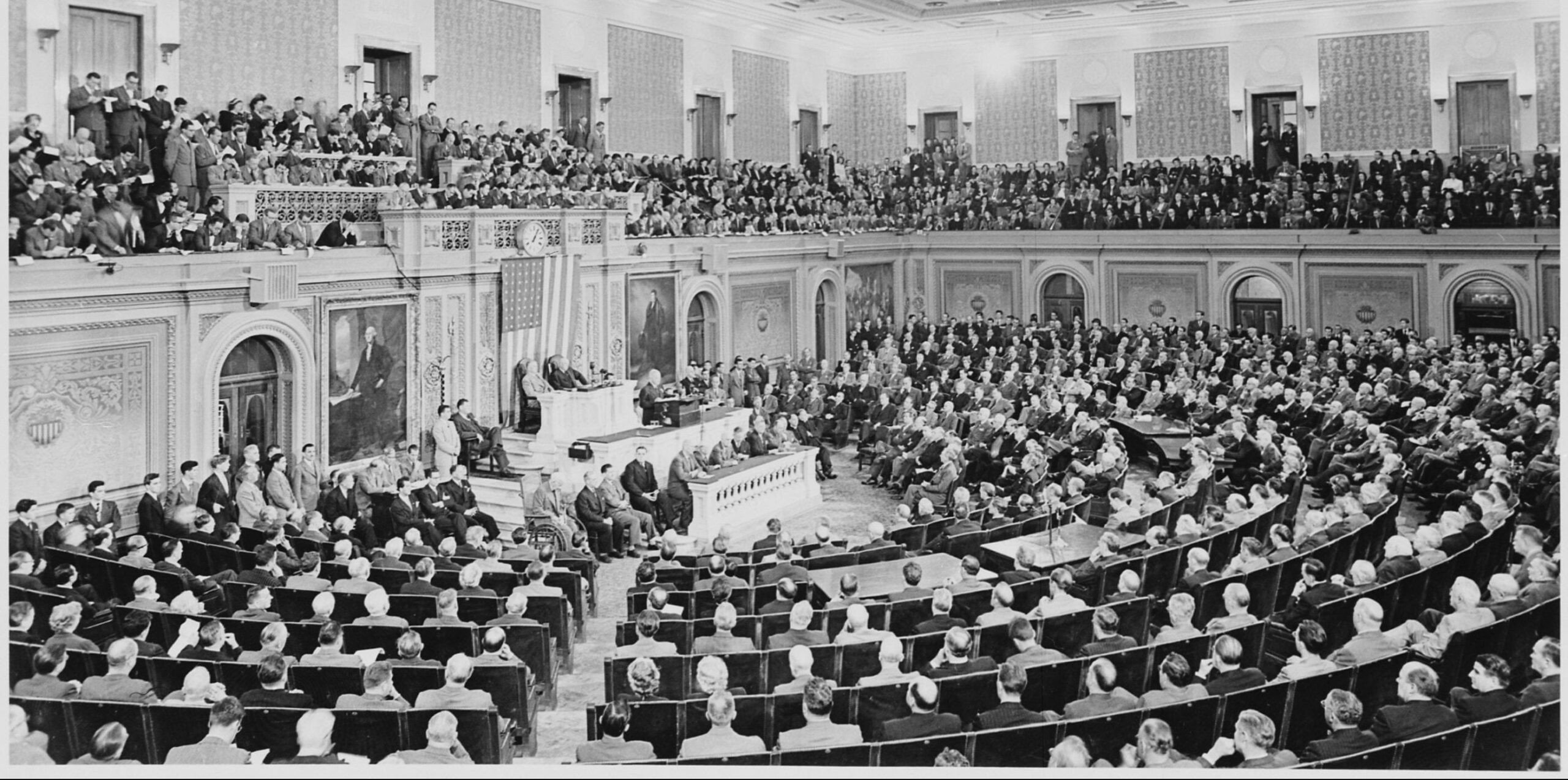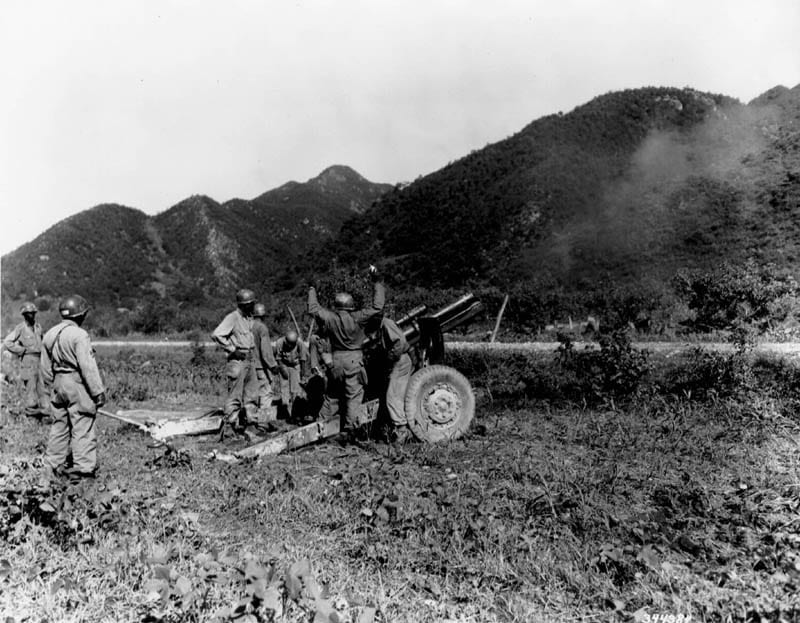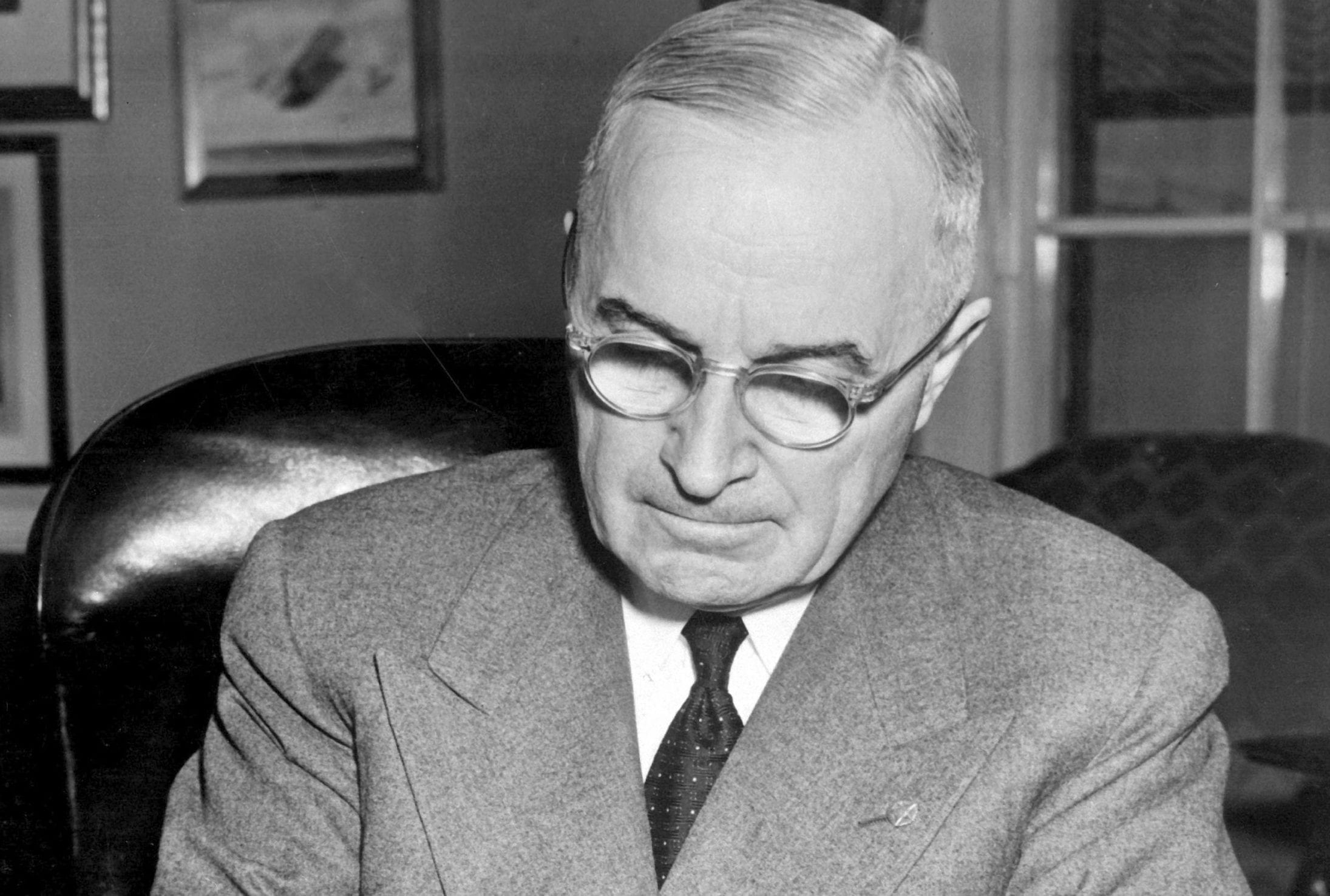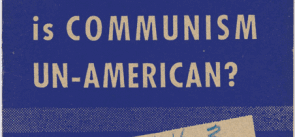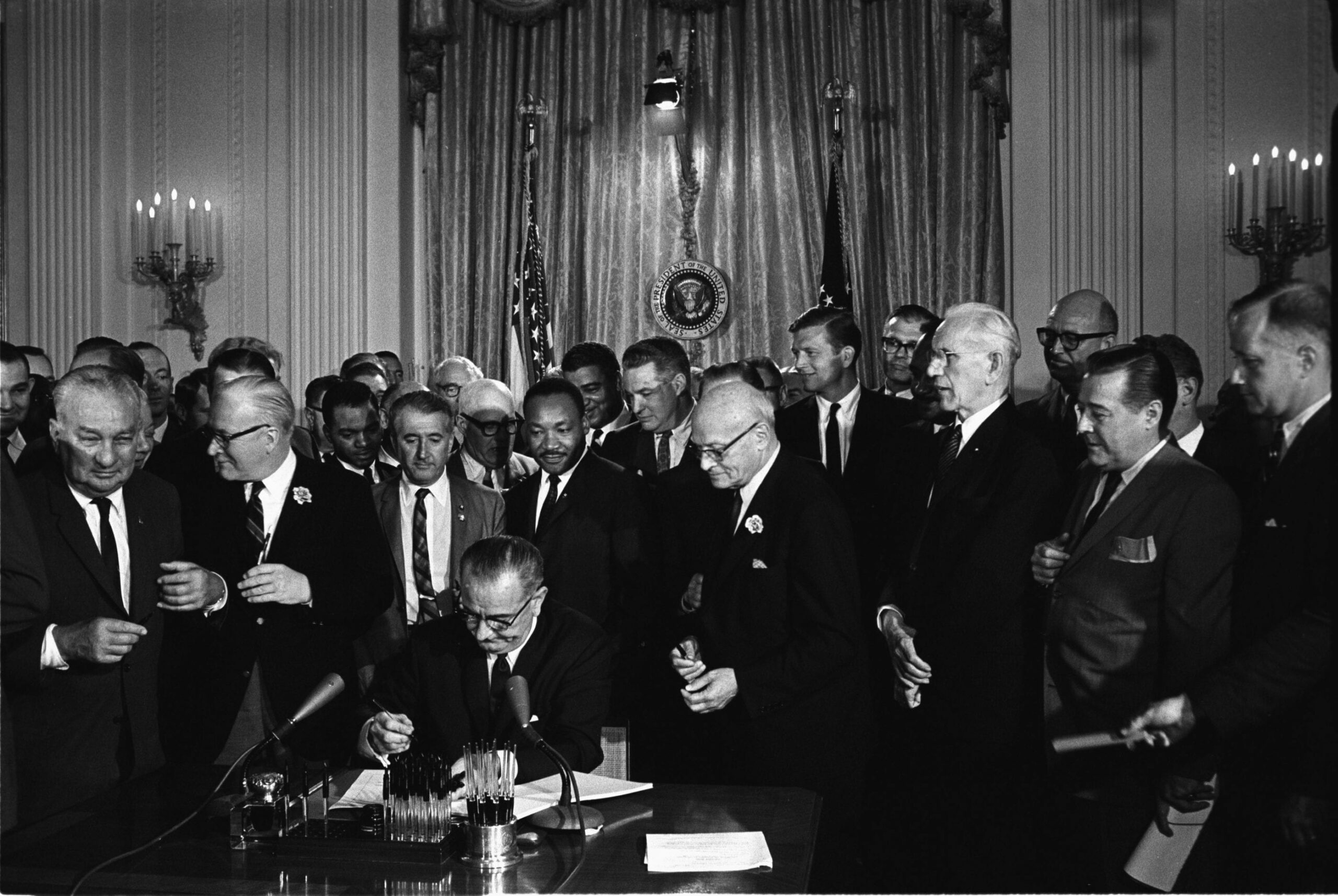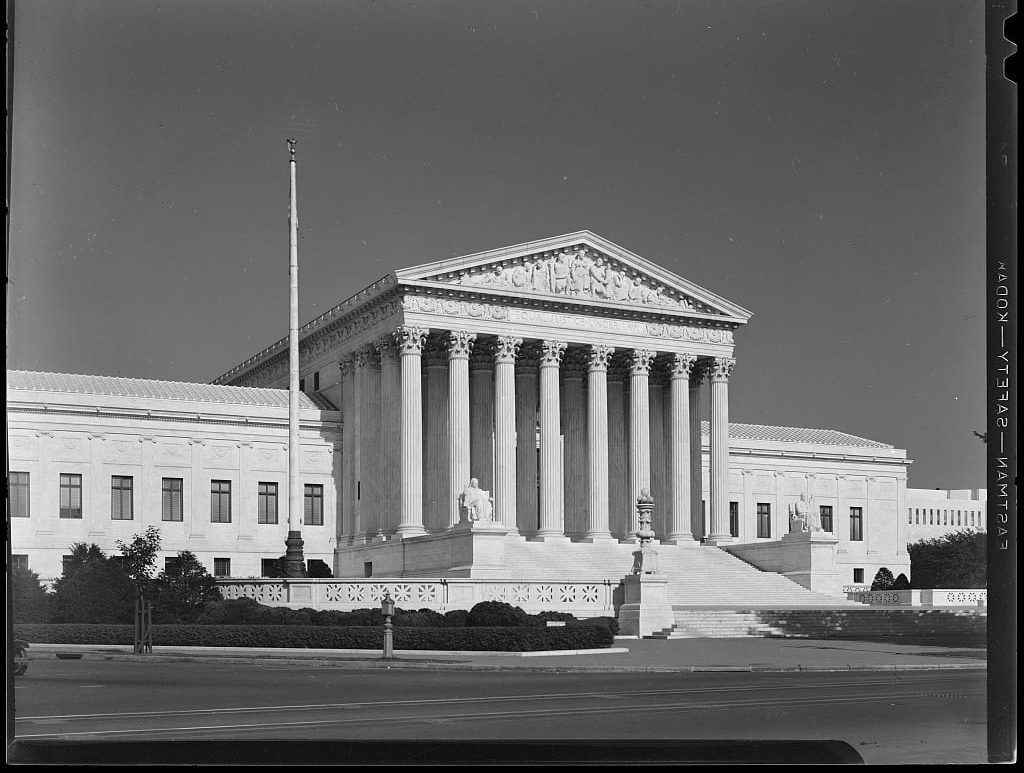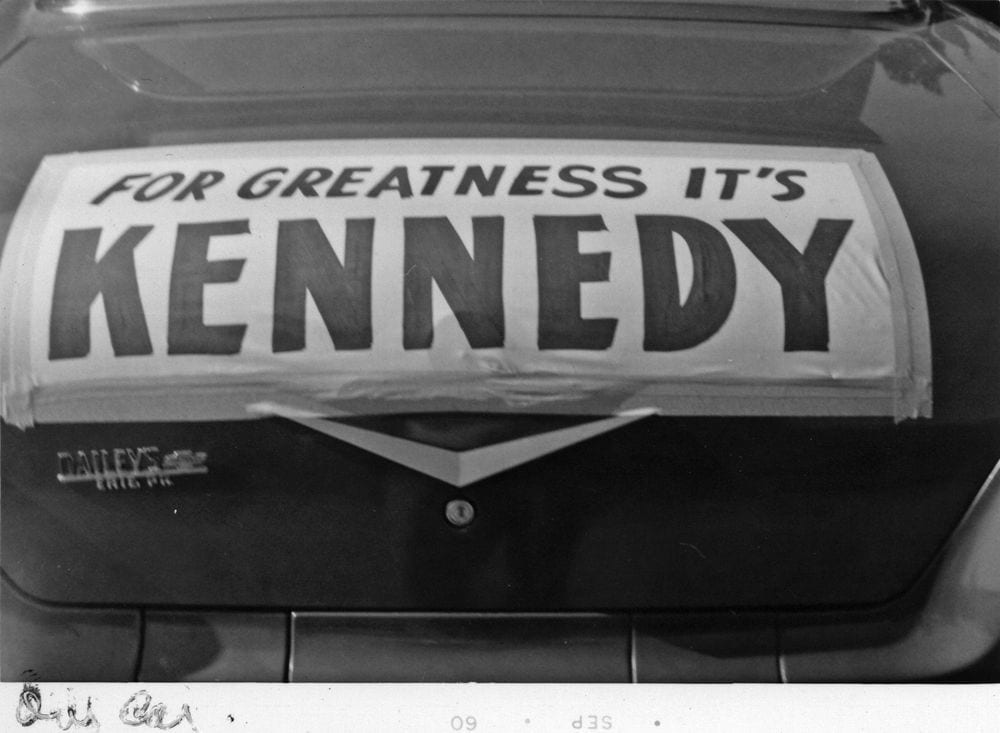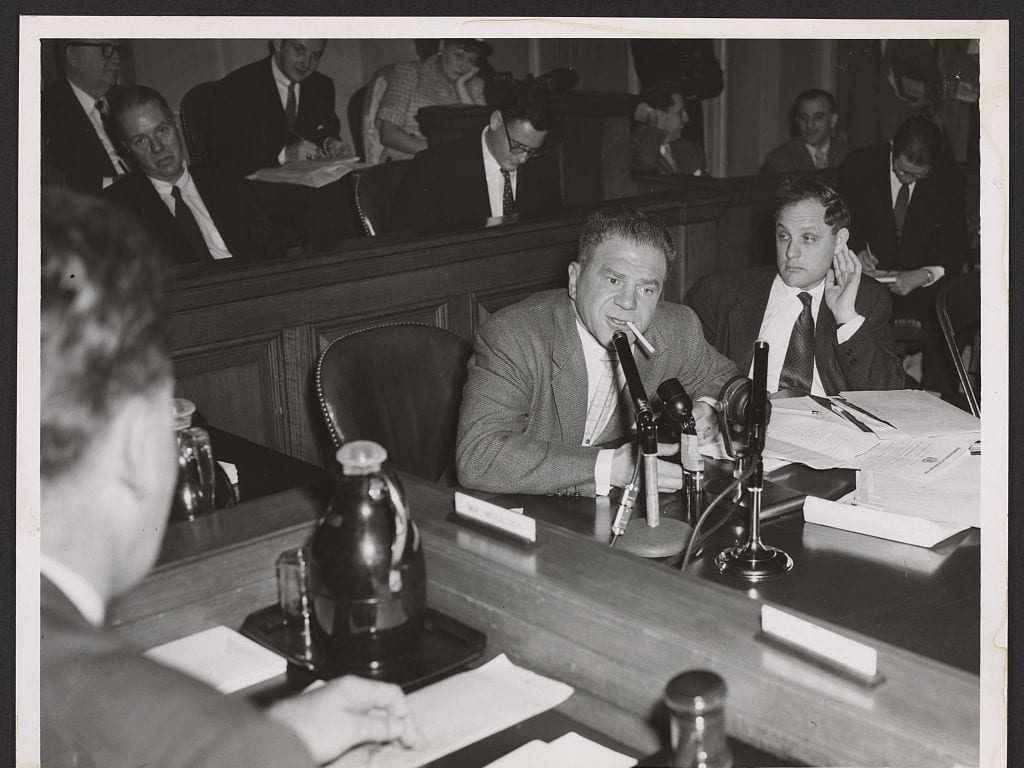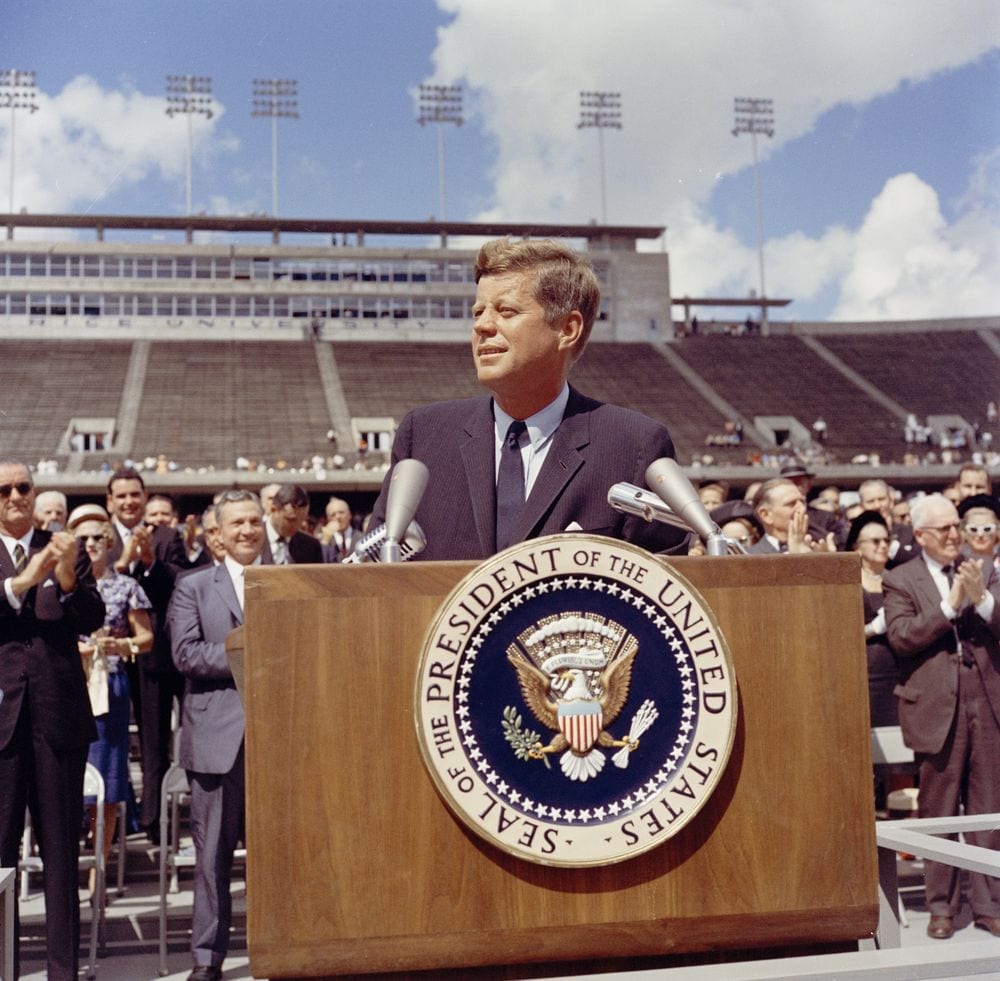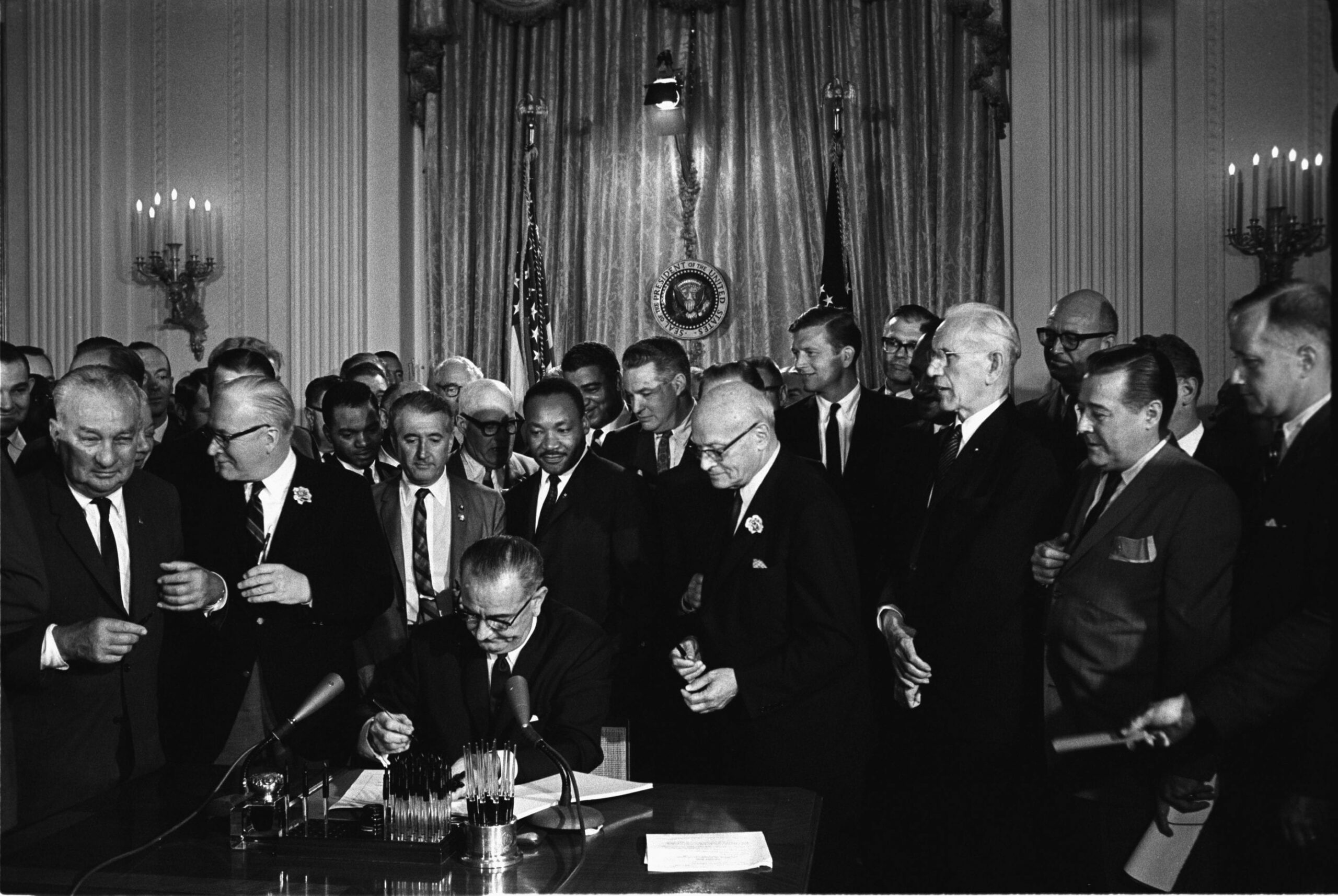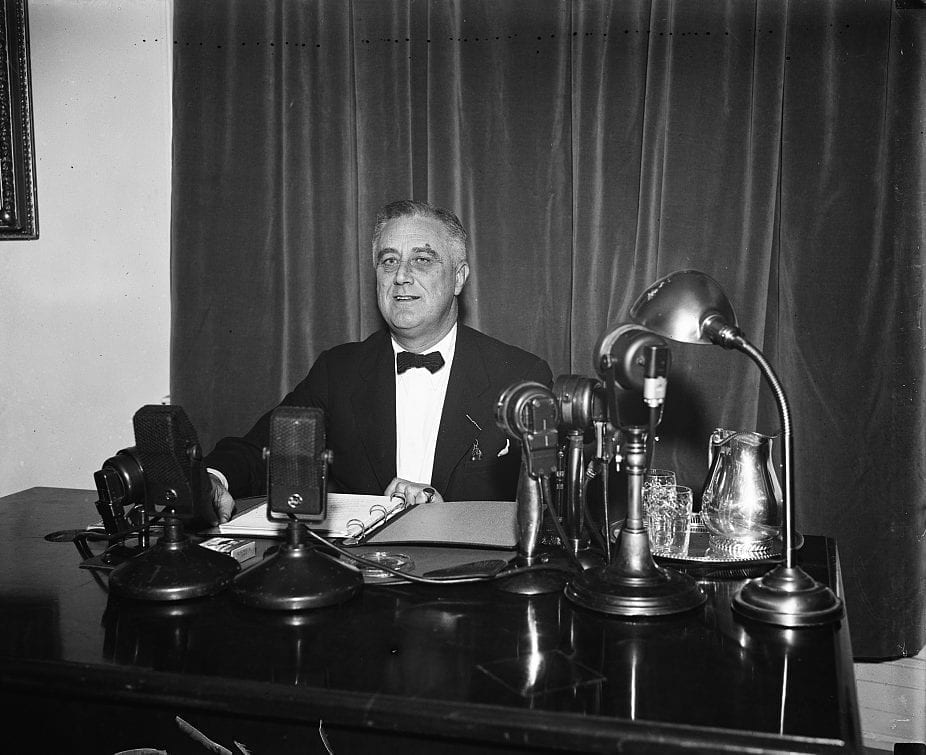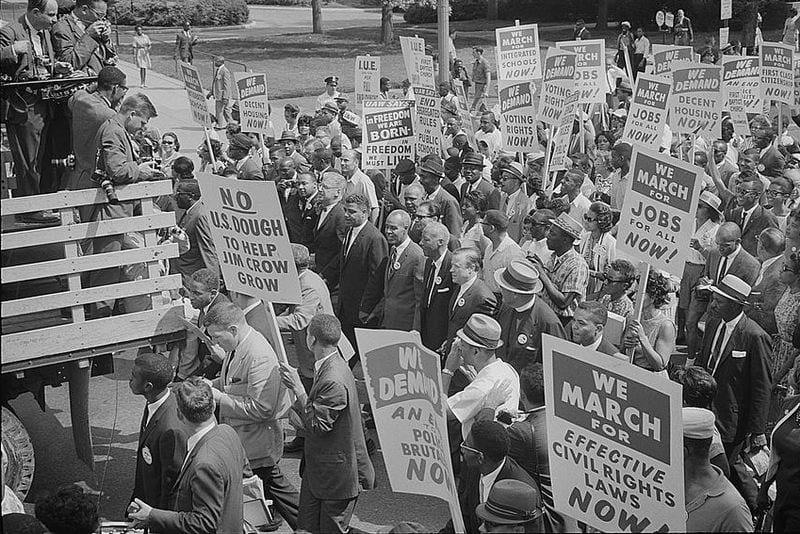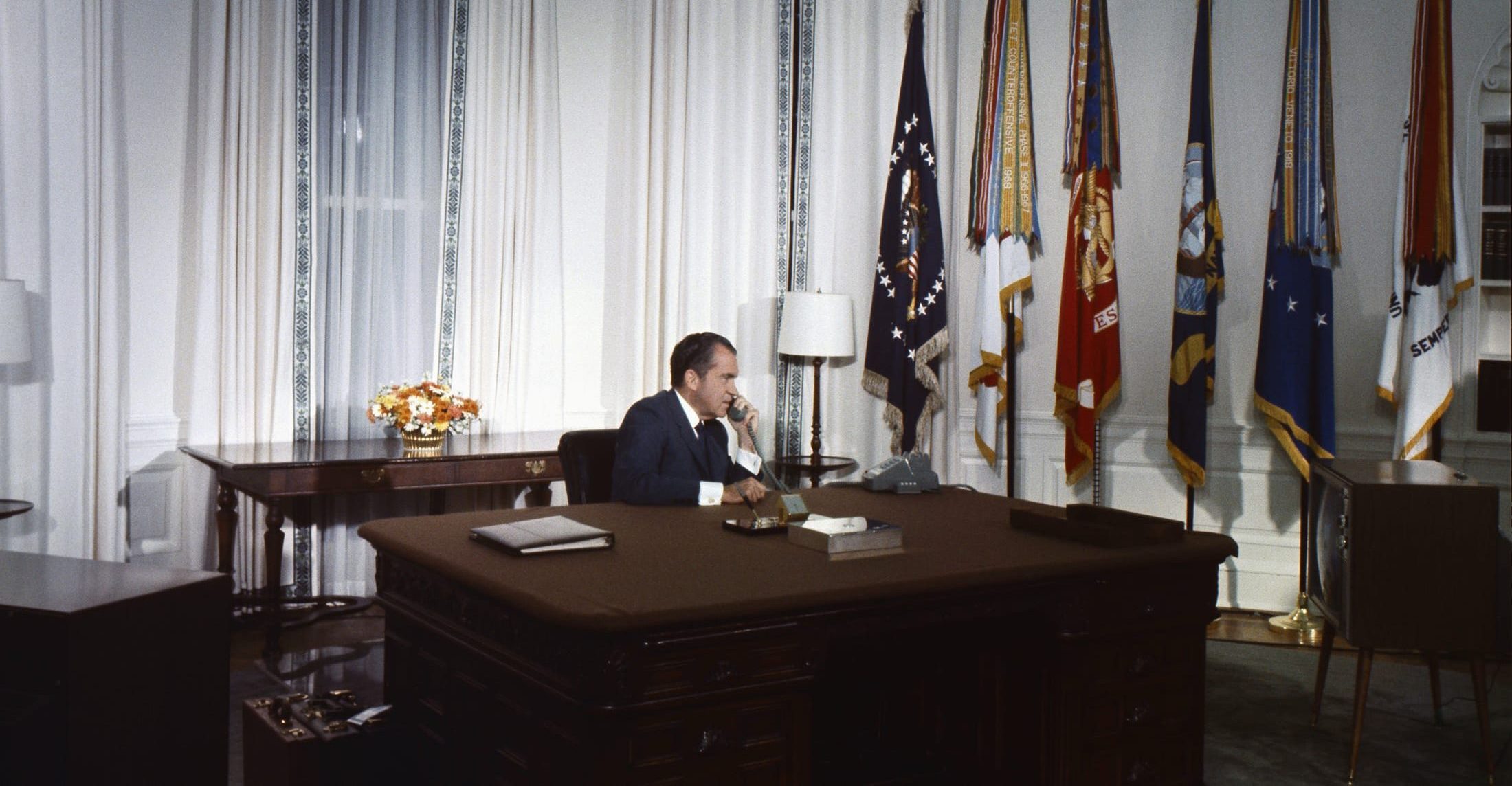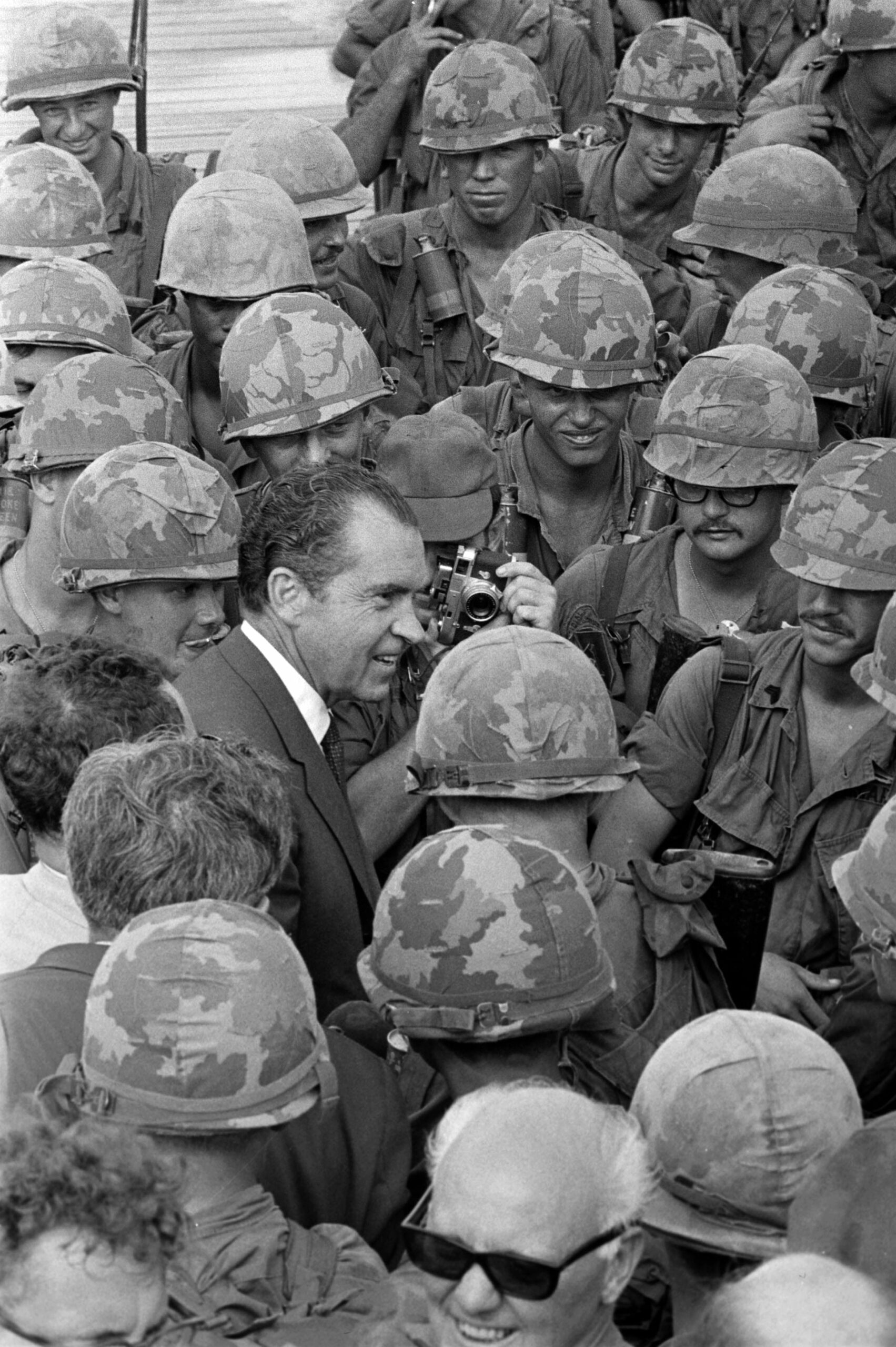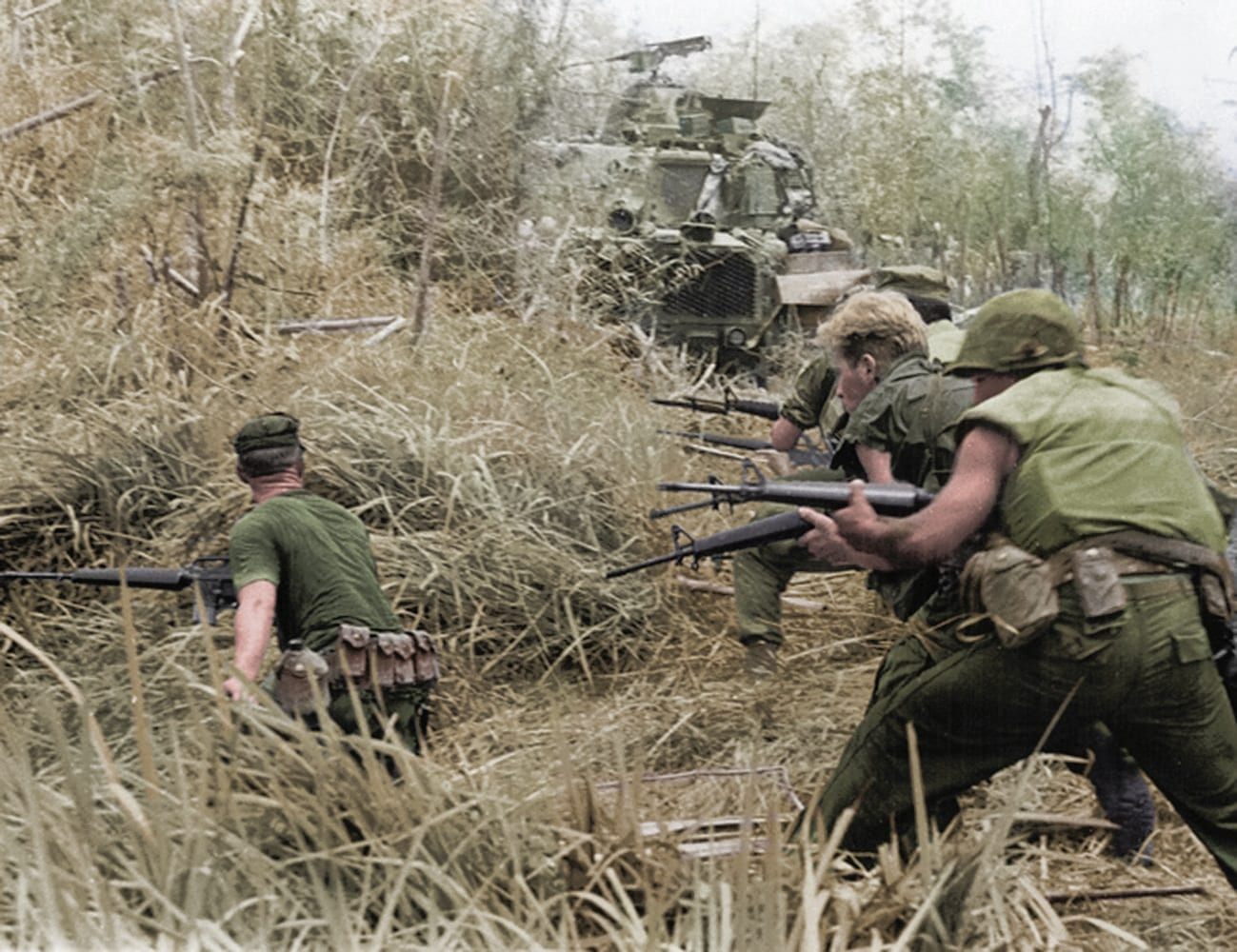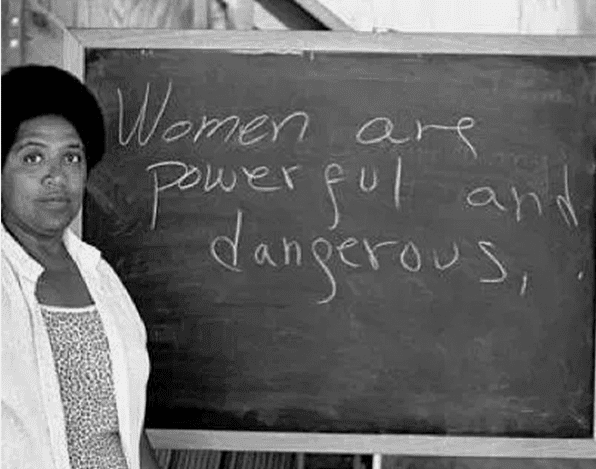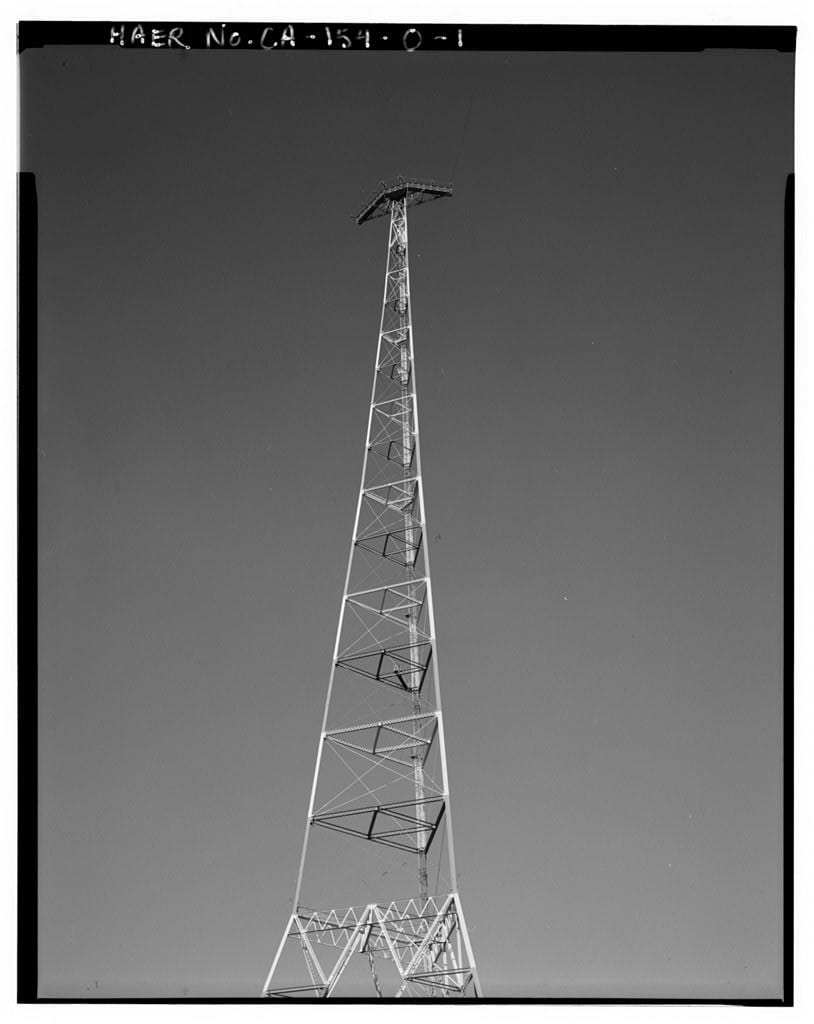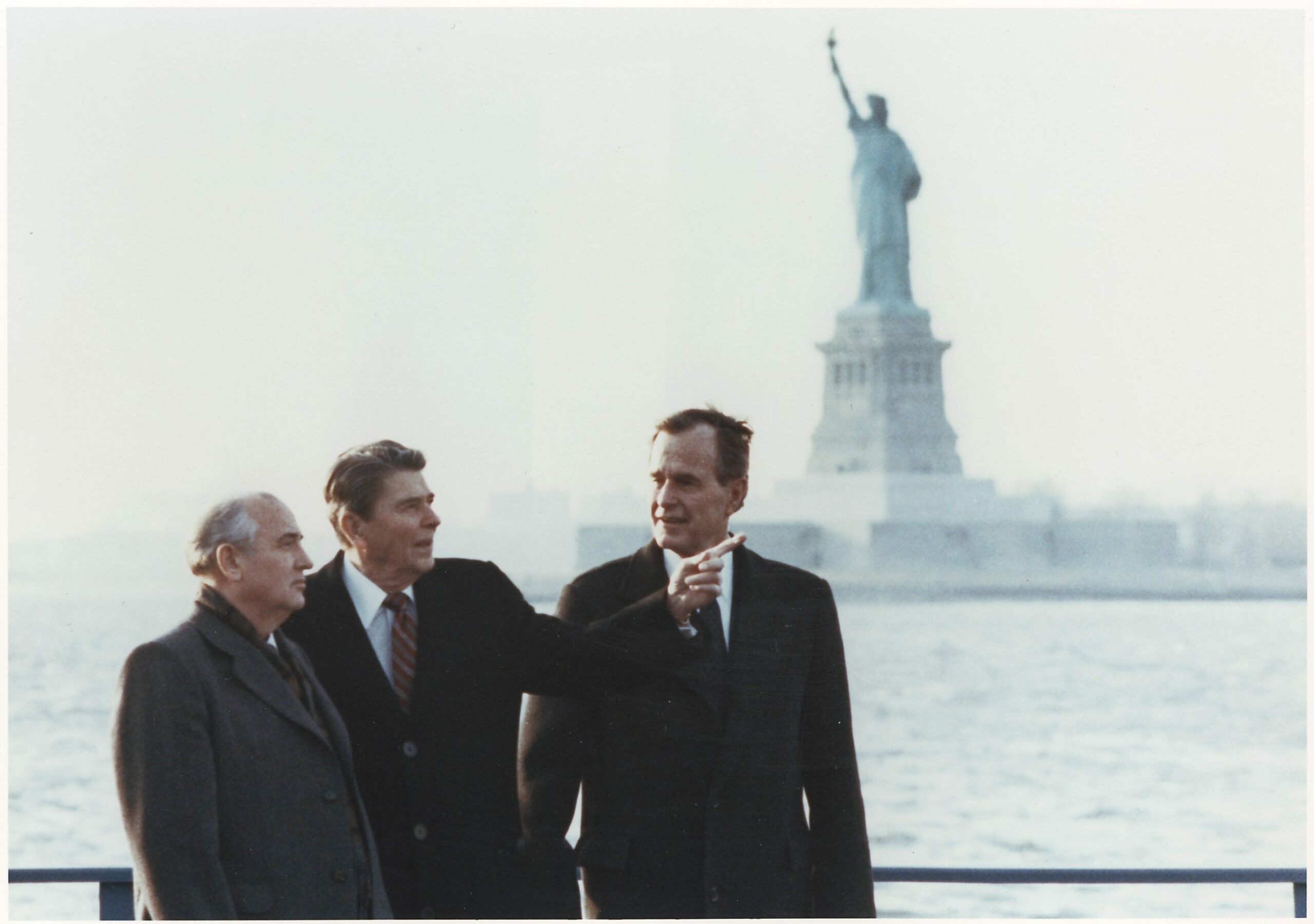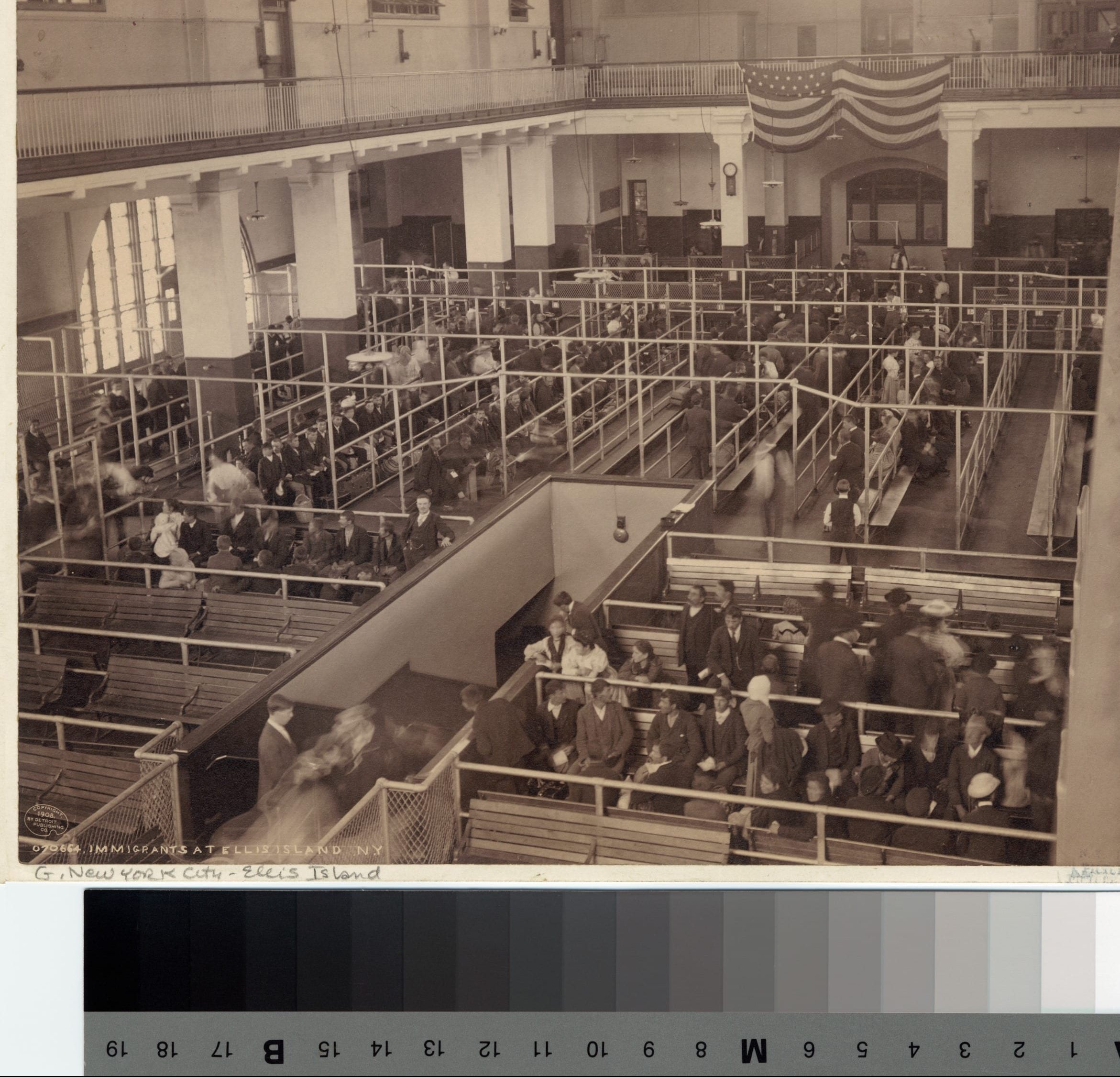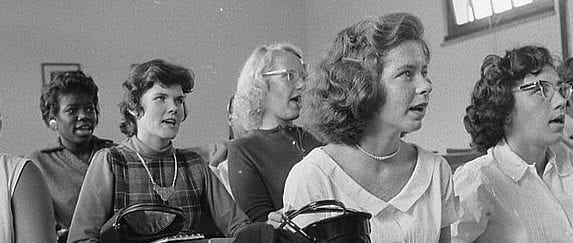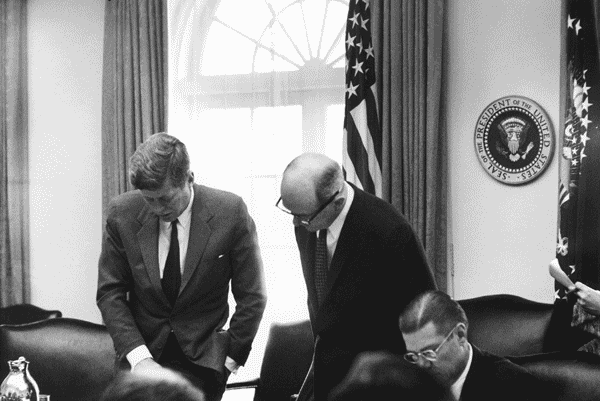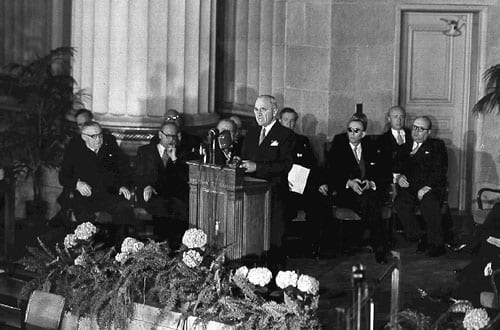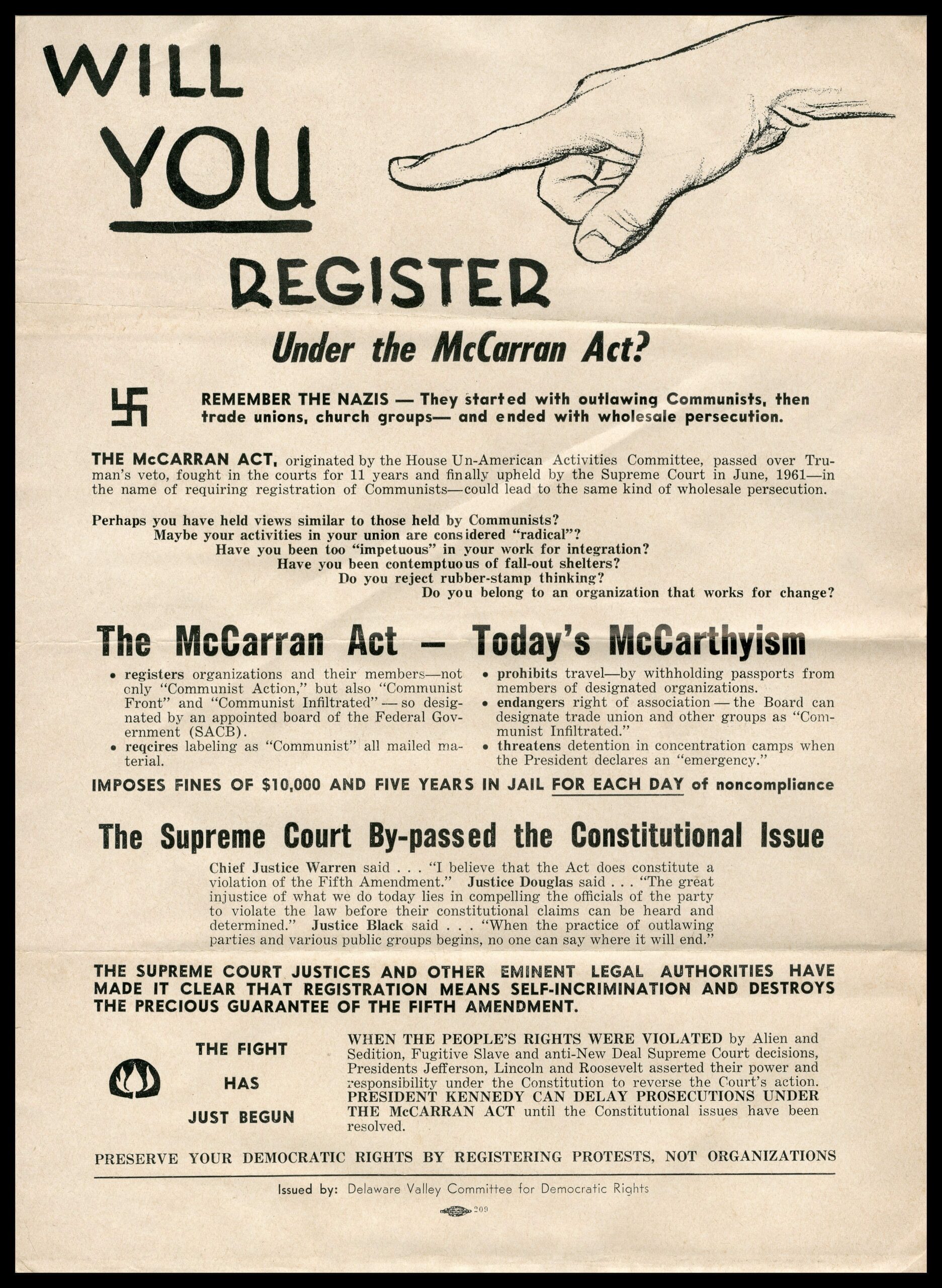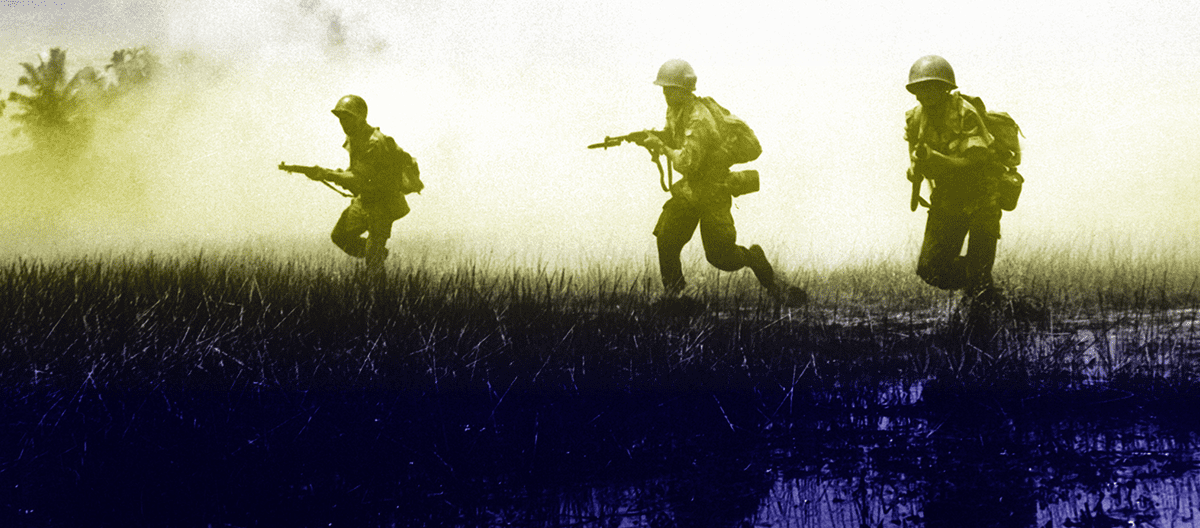

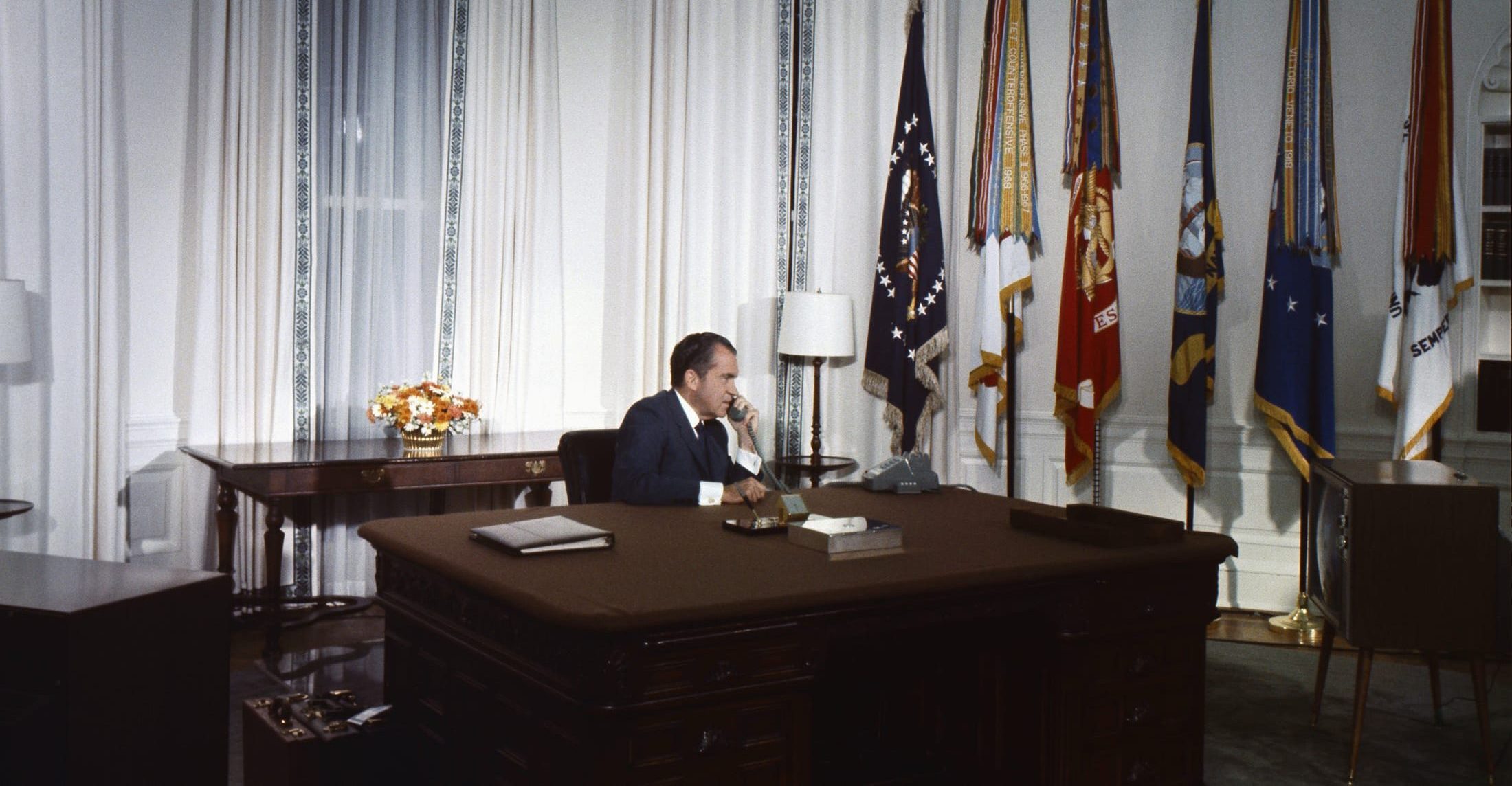
Introduction
During the years that the United States was at war with Korea and later Vietnam, Congress (and the American people) felt uneasy that Congress had never provided an official declaration of war. This feeling hardened into anger following President Richard M. Nixon’s bombing of Cambodia along its border with Vietnam (known as “Operation Menu”) without congressional approval. In an attempt to reassert its constitutional power to declare war and restrict the president’s ability to act almost unilaterally in foreign conflicts, Congress passed the War Powers Resolution. Nixon vetoed the resolution, and Congress engaged in a lengthy debate over the nature of constitutional war powers in deliberating whether to override his veto. During the debate, the House and Senate grappled with the proper distribution of war powers between Congress and the president, similar to discussions at the Constitutional Convention (Debates on the Legislative Branch) and during the Mexican-American and Korean Wars (see Debate on the Constitutionality of the Mexican War and Speech on the Constitutionality of Korean War on the same subject.)
Source: Congressional Record, 93rd Congress, 1st Session, Nov. 7, 1973. Vol. 119, pp. 36176–36198, 36202–36222.
Debate in the Senate
Mr. EAGLETON.[1] . . . Mr. President, I rise to speak in support of the president’s veto of the so-called war powers bill, and therefore in opposition to the attempt to override it.
The term “war powers” is a generic term dealing with the authority of the president and Congress to commit American Armed Forces into hostilities or into a theater of the world where there is an imminent threat of hostilities. The proposed legislation has had a long and tortuous and, at times, intriguing road. It was 3 years ago or more when the first war powers bills were introduced. . . .
In essence, the Senate bill said the following: The decision to go to war, under our Constitution, is a decision for Congress to make. That is what Hamilton and Madison, who worked on that section of the Constitution, intended. Fresh from the control of King George, they no longer wanted one man, however decent, to make the troublesome and difficult decision to commit the United States to war.
They wanted this to be a collective judgment, made by the Congress of the United States, and therefore they reposed in Congress the authority to declare war.
The Senate bill is premised on that sound constitutional precept. And no valid bill can be premised on any other precept and be constitutional. . . .
That was the basic thrust of the Senate bill. That was the form it was in when it went to that mysterious conclave called the conference committee. The Senate bill disappeared in conference. What came out is a total, complete distortion of the war powers concept. . . .
What this bill says is that the president can send us to war wherever and whenever he wants to. Troops could be deployed tomorrow to the Mideast under this bill without our prior authority. All the president has to do is to make a telephone call to Sen. Mansfield[2] and Sen. Scott[3] and say, “The boys are on the way. I think you should know.” Consultation. There they are: 60 to 90 days. Once those troops are committed, the history of this country is replete with examples; that once committed they remain. . . .
I think this is the most dangerous piece of legislation that I have seen in my brief 5 years in the Senate. The bill has the name “war powers.” It has a nice title. It was nobly conceived, I think, in its inception, but it has been horribly bastardized to the point of being a menace. But we will go ahead, in about an hour and 45 minutes, and we will override the president’s veto. . . .
If we want to defeat Richard Nixon by overriding this veto, we are going to give him more authority, and legalize it, than perhaps he ever dreamed he had. Not only President Nixon, but every president of the United States, will have at least the color of legal authority, the advance blessing of Congress, given on an open, blank check basis, to take us to war. It is a horrible mistake, Mr. President. . . .
It will haunt us every time in the future that an American boy dies somewhere in the world in a presidentially initiated war. The blood of those young men will be ours because we are giving away the authority that sends them to die, and we are giving up the greatest responsibility that the Constitution gives to the Congress—the power to declare war. . . .
[Editor’s note: during the debate, Senator John Tower asked for and received unanimous consent to include in the record a statement written by Goldwater, which we have included below.]
Statement by Sen. Goldwater.[4] I am concerned that Congress and the American people, not unlike the awakening that occurred in the early 1940s, will regret the decision which is about to be made today by a Congress bent upon tearing away at the powers and responsibilities of the office of the president. We entered the calamity of World War II unprepared and we are about to lay the makings for our unpreparedness in some future crisis where certainty about the nation’s credible strength and will is required.
In my opinion, the war powers resolution is one of the most dangerous pieces of legislation in our nation’s history. It will undermine the nation’s defense posture at a time when we must be able to demonstrate that we can and are prepared to defend ourselves and uphold our commitments.
My concern arises out of the fundamental objection that Congress should not be legislating hard and fast rules in this field. The great weight of scholarly writings supports the position that the Founding Fathers never intended to defined [sic] the war powers when they were drafting the Constitution and they most certainly never meant for Congress to do what they themselves did not feel wise enough to do.
Though the war powers resolution does give an apparent reach to the president’s authorities within the first 60 or 90 days of any crisis, I am gravely concerned that it also provides for an automatic cut-off on his actions after that time unless Congress specifically passes new authorizing legislation. I am convinced the Constitution never gave Congress the power to restrict the president to a particular time period of defense of the nation’s freedom, as this resolution proposes. . . .
I think it is long past the time when it should be understood that this country is engaged in a worldwide struggle to determine whether freedom will prevail any place on earth or whether the advocates of slavery by the varying hues of communism will prevail. Whether we like it or not, the only way in this tough world to preserve peace and freedom is by keeping America strong and being able and ready to defend it. I believe the war powers resolution would destroy America’s credible strength by which we assure our friends and deter our enemies and I ask my colleagues to sustain the president’s veto of war powers limitations. . . .
Mr. JAVITS.[5] . . . This is the most somber and historic business before the American people, and with the war powers resolution’s passage, after 200 years, at least something will have been done about codifying the implementation of the most awesome power in the possession of any sovereignty and giving the broad representation of the people in the Congress a voice in it. This is critically important, for we have just learned the hard lesson that wars cannot be successfully fought except with the consent of the people and with their support. That is the essence of our society.
The Vietnam war literally brought this country to its knees because, without going into the technicalities of what Congress might or might not have done to assert its authority, the fact is that on the record it was essentially a presidential war—as was so viewed around the world. . . .
No one is impairing the president’s authority to carry on the foreign policy of the country. But we are affecting materially his authority, in the name of foreign policy, to take the Nation into war. When we judge, by this measure, that an incident would become a war, then we, and we alone, have the right to decide that it shall go on into war or that it shall stop. For, the Constitution lays upon the Congress, unmistakably, the responsibility of deciding whether or not the state of our Nation should be changed from peace to war. . . .
We accomplish that in this bill by depriving the president of authority to make that decision himself at the given time when, according to the dictates of experience and history, an incident becomes a war. . . .
Right now, if the Senate fails to override this veto, we will leave him the very illimitably claimed power we are trying to curb. So, by the idealism the senator thinks he’s obeying, he is running the one chance down the drain by which we do something to negate that claim to imperial power. . . .
[After further debate, the Senate voted to override Nixon’s veto, 75–18.]
Debate in the House of Representatives
Mr. ZABLOCKI.[6] Mr. Speaker, the House of Representatives has the historic opportunity to reassert its constitutionally mandated obligation in the area of war powers. . . .
The war powers resolution is purely and simply a legitimate effort by Congress to restore its rightful and responsible role under the Constitution. It is an honest and sincere expression of Congress’s desire to insure that the collective judgment of the Congress and the president will prevail in the awesome decision of sending Americans to war. . . .
The issue is clear.
Do we in Congress believe in the Constitution?
Do we believe in the balance of powers intended by the Founding Fathers?
Do we in Congress believe in ourselves and in our oath of office?
Do we believe in the urgent necessity of restoring public confidence in government?
If our answers to these questions is the resounding “yes” it should and must be, then this House will vote overwhelmingly to override and thereby send to the White House a clear and unmistakable message that we are partners in the question of peace and war. . . .
Mr. BROOMFIELD.[7] Mr. Speaker, I urge the House to vote to override the president’s veto of the war powers bill.
This historic legislation will, if enacted into law, reestablish once and for all the traditional war making responsibilities which the framers of the Constitution assigned to Congress 200 years ago. . . .
Ever since the dawn of the atomic age, it has been popular to suggest that Congress is outmoded and too disorganized to respond swiftly in times of national emergency.
Even Congress began to believe its critics and gradually abdicated its war-making powers to the sole judgment of one individual, the president.
Then we professed to wash our hands of our constitutional duties.
In tampering with our time-proven system of shared war making responsibilities, we got off the tract and short-circuited the entire system.
Much of the polarization, the dissension and the downright frustration that this country suffered during the Vietnam conflict can be attributed to the fact that Congress was ignored by a series of presidents and refused to assert itself.
The people looked to their elected representatives to take a stand or to assist in the formulation of our foreign policy and they found that Congress was either unwilling or incapable of doing so.
This bill, if we vote to override today, will put an end to that nonsense once and for all.
Critics of the bill charge that it will shackle the president, or destroy his mobility and independence in times of national emergency.
That, Mr. Speaker, is not true.
In fact, this bill brings us back to the Constitution, it brings us back to the basic principles of joint war making powers that have stood us in good stead for 200 years. . . .
Mr. GREEN of Pennsylvania.[8] Mr. Speaker, I have twice voted against House Joint Resolution 542, the so-called war powers bill recently vetoed by President Nixon. Since this resolution has popularly been interpreted as limiting the president’s power to engage our troops in a war, and because of my consistent record in opposition to such unilateral presidential action, I wish to explain my votes. I believe a careful reading of the bill indicates that, despite presidential and some press interpretations, it is actually an expansion of presidential war making power, rather than a limitation.
In its important specifics, the bill interprets the Constitution as permitting the president to engage troops when there is an attack upon the United States, its territories or possessions, or its Armed Forces. Second, it permits a commitment of U.S. troops into hostilities for 60 days, unless the Congress directs earlier termination by concurrent resolution.[9] Indeed, it is only after, not before, such a commitment that the president is required to report his actions to the Congress. The 60-day period may be extended for an additional 30 days upon presidential certification that unavoidable military necessity so requires. Finally, the resolution clearly states that nothing in the bill is intended to alter the constitutional authority of the Congress or the president. . . .
This bill then would put a 60 to 90 day congressional “stamp of approval” on such questionable presidential military actions as the 1970 Cambodia invasion. I believe that such unilateral presidential action should not be so lightly authorized. The war powers granted to the president are not conditioned upon an emergency that precludes prior congressional approval, or even the allegation that such an emergency exists. It merely authorized the president to initiate a war, provided he reports to Congress within 48 hours. The report may even be unverified. The Congress would, no doubt, be under the pressure of the public’s sincere patriotic passions, aroused by the president’s announcement of his military action and the “dastardly deeds” justifying it. This is the Gulf of Tonkin and Cambodia revisited—and legitimatized.[10] I am opposed to that. . . .
If the Congress cannot define the president’s constitutional war powers, and it cannot; and if it is unwise to grant congressional war making power to the president, and it is, then what can Congress do? First, it can defeat Gulf of Tonkin resolutions. Second, it can muster the courage to cut all funding for military action taken by the president with which it disagrees. Third, it can impeach a president who usurps congressional war making power. . . .
Mr. KEMP.[11] . . . [N]ot only is [this bill] unconstitutional but it would be extremely dangerous in this still dangerous world. Just as Soviet Russia was tempted to test the United States under President Kennedy during the Cuban Missile Crisis, again today in the Middle East the United States under President Nixon is being tested. I think this legislation would only serve to tempt the Soviet Union even further to probe and pry to test the flexibility of this legislation.
Mr. Speaker, the events of the past few weeks have added graphically new timeliness and significance to this debate.
In the current Arab-Israeli conflict[12] and the attempts now being made to contain and resolve it, we see new evidence of the importance of preserving the chief executive’s ability to respond quickly and flexibly to international crises in the interest of peace and stability.
In order to ensure such response, the president must have not only the explicit authority to take immediate action, but enough implicit authority to convince foreign powers that actions taken today will not be reversed or rendered meaningless tomorrow. If this ever happens, then future presidents—of either party—will be crippled in their dealings with other nations, especially in those high-pressure, “eyeball-to-eyeball” situations when credibility alone is the strongest deterrent to foreign aggression. Shorn of the power to act decisively, the presidency and the foreign policy he constitutionally directs would be incapable of playing their crucial, stabilizing roles in the world—roles which have achieved so much for peace over the years. . . .
Mr. GROVER.[13] Mr. Speaker, I am voting today to sustain the president’s veto of House Joint Resolution 542, commonly known as the war powers bill, just as I voted against the bill several weeks ago.
My vote, however, should not be misconstrued. While I find laudable the effort to clarify the constitutional authority of Congress to be heard in matters involving the commitment of U.S. military forces in combat, my objection is not that the legislation unduly hampers the president, but rather that it gives him too much power.
The so-called war powers bill, in permitting a 2-month troop commitment to combat before congressional action or inaction to support or reject it, is a permanent Gulf of Tonkin resolution, a blank check for future Presidents to involve us in future Vietnams and Koreas.
I will support a war powers bill which fully restores to the Congress the authority of an equal partner as intended by the framers of our Constitution.
If the president can call the National Security Council to Washington on a few hours’ notice, he can comply with a strict war powers bill which requires him to go immediately to the Congress for permission to commit troops. House Joint Resolution 542 does not require that, but rather gives a dangerous carte blanche to the chief executive. Should it become law I am sure it will prove an unsatisfactory effort to restore to the Congress powers arrogated by and to the presidency over the years. . . .
[After further debate, the House voted to override President Nixon’s veto, 284–135.]
- 1. Thomas Eagleton, a Democrat from Missouri, served three terms in the Senate from 1968–1987. Eagleton is well known for his brief time as George McGovern’s running mate in the 1972 presidential election and his assistance in passing the Clean Air Act and Clean Water Act.
- 2. Mike Mansfield served as a U.S. representative and senator from Montana. Mansfield is the longest serving majority leader in the history of the Senate (1961–1977); he also served as a liaison between the Senate and President Nixon during the de-escalation of conflict in Vietnam.
- 3. Sen. Hugh Scott, a Republican from Pennsylvania, served in Congress as a representative (1941–1945, 1947–1959) and senator (1959–1977). During the debate to override President Nixon’s veto of the War Powers Resolution, Scott was Senate minority leader.
- 4. Barry Goldwater, a Republican from Arizona, served in the U.S. Senate from 1953–1965 and 1969–1987, following his unsuccessful candidacy for president in 1964. Goldwater specialized in defense policy and was one of three members of Congress to notify President Nixon that he had lost the Republican Party’s support in Congress.
- 5. Jacob Javits, a Republican, represented the state of New York in both the House (1947–1954) and Senate (1957–1981). Senator Javits supported the Cooper-Church Amendment, which withheld funds for U.S. troops fighting in Cambodia, voted for the repeal of the Gulf of Tonkin Resolution, and sponsored the War Powers Act.
- 6. Clement J. Zablocki, a Democrat, was a representative from the state of Wisconsin from 1949–1983. Zablocki assisted in the drafting of an early version of the War Powers Act in 1970 and was instrumental in the passage of the 1973 version over Nixon’s veto.
- 7. William Broomfield (R-MI) served in the U.S. House from 1957–1993 in Michigan’s 18th and 19th districts. During his time in the House, he was a ranking member of the U.S. House Committee on Foreign Affairs from 1975 until his retirement in 1993.
- 8. William Joseph Green (D-PA) was first elected to Congress in 1964, filling the vacancy left by his father who died in office. Green served in the House from 1964–1977 and was an ardent supporter of Great Society legislation.
- 9. Cambodian Prince Norodom Sihanouk was deposed by prime minister Lon Nol in 1970. Following this, North Vietnamese forces invaded Cambodia, and American/ARVN forces contested their invasion in defense of the new, pro-American regime. President Nixon’s decision, like Operation Menu, was seen by many to be unilateral.
- 10. On August 2, 1964 the USS Maddox engaged in a sea battle with three North Vietnamese torpedo boats—leaving four Vietnamese sailors killed and all vehicles slightly damaged. After this incident, Congress passed the Golf of Tonkin Resolution which allowed the president to commit U.S. forces to counter “communist aggression.”
- 11. Jack French Kemp, a Republican from New York, served in the House from 1971–1989 and as President George H. W. Bush’s secretary of housing and urban development.
- 12. The Yom Kippur War or the 1973 Arab-Israeli War was fought between Israeli forces and joint Egyptian and Syrian forces—who were trying to reclaim land occupied by Israel since the Six-Day War of 1967. The United States supported Israel and the Soviet Union backed Egypt and Syria.
- 13. James R. Grover Jr., a Republican from New York, served in the House from 1963–1975. Prior to his career in the House, Grover was a member of the New York State Assembly.

Conversation-based seminars for collegial PD, one-day and multi-day seminars, graduate credit seminars (MA degree), online and in-person.

